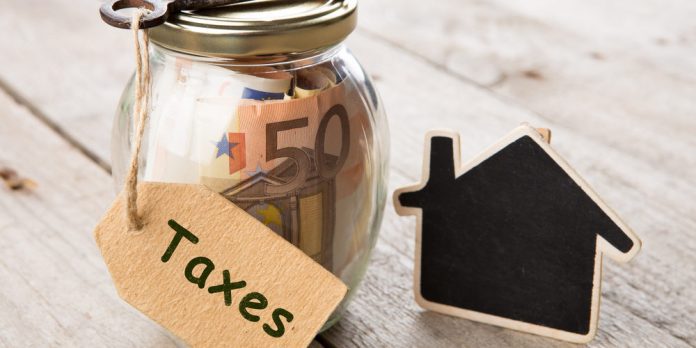Table of Contents
The simplest way to avoid Capital Gains Tax on real estate in Canada is if you use the property as your primary residence. Primary residences are exempted from Capital Gains Tax. That said, even when the real estate property does not qualify as a primary residence, there are ways you can offset or limit your Capital Gains Tax bill.
To properly answer our main question, we need to first understand what Capital Gains Tax is:
What Is Capital Gains Tax?
Capital Gains Tax is a tax that the Canada Revenue Agency collects on any gain or profit you earn when you sell a capital asset. Where it applies, this tax is calculated based on your income tax bracket, meaning how much you pay will depend on how much income you earned that tax year.
Capital assets are those that you buy as investments, with the hope that you will earn a profit upon their sale or disposal. You don’t pay the tax if you make a loss on the sale.
The Canada Revenue Agency classifies shares, bonds, mutual fund trust units, as well as land, buildings, cottages, or equipment that you use for business purposes.
A house that you buy with the intention to occupy as your primary residence and proceed to use it as such for the duration of your ownership is considered to be personal use property that is not subject to Capital Gains Tax.
A principal residence is the home that you live in for the majority of the year. It can also be called your principal residence. In Canada, it can be a cottage, a house, a condominium, an apartment, houseboat, trailer, or mobile home.
As well as proving that you own the residence alone or jointly, you also have to formally designate the property as your primary residence. Otherwise, the home will not be eligible for Capital Gains Tax exemption.
Do I Have To Pay Capital Gains Tax On A Second Home?
Capital Gains Tax applies on any home that’s not your primary residence, of which you can only have one. That second home effectively becomes a capital asset that will not be eligible for Capital Gains Tax exemption at the time of its disposition.
However, a second home that you acquire in the same year you dispose of your primary home will be exempt from Capital Gains Tax if it then becomes your primary residence. For the exemption to apply, though, you will have to report both its acquisition and the sale of your first home.
It’s critical to know that the moment you start renting out your home or use it for any business purpose, Capital Gains Tax kicks in. You will also be eligible for tax if you rent out only a part of the home and continue to use the rest of it as your primary residence. The tax will apply for only the time you drew an income from the home.
How To Avoid Capital Gains Tax On A Second Home
You cannot completely avoid Capital Gains Tax on a home unless it served as your primary residence for the entire time you owned it. That said, you can employ a few strategies to minimize the tax where the exemption does not apply.
Use losses on other capital assets to offset your capital
This applies where you sell two capital assets in the same year and one earns a capital gain (profit) while the other one sells at a loss. In this instance, you could be a real estate investor that buys fixer-uppers and renovates them to sell for a profit.
You can subtract the loss you made on the other property from the profit you made on the other and declare the difference as your taxable income. This effectively reduces your Capital Gains Tax. In some cases, you may not have to pay any tax at all.
Sell your home when your income is low
Capital Gains Tax is calculated based on how much income you bring in the year you sell the taxable capital asset. By timing the sale for the year your income is at its lowest you can therefore reduce the total amount you pay in Capital Tax.
Donate a capital asset to charity
You can gain a Capital Gains Tax deduction by donating a capital asset you own to a charitable cause. If the donated property is a home that has since gained value, the Capital Tax that would otherwise apply would reduce or fall away.
Record all home improvement and selling expenses
By neglecting to record and deduct the costs you incur in repairing, renovating, insuring, and selling your investment property you may end up paying more in Capital Tax than you should. That’s because all those expenses are deductible from the taxable capital gain amount.
How Capital Gains Tax Is Calculated In Canada
In Canada, only half of the capital gain in an investment property sale is subject to Capital Gains Tax. The government taxes only half of the capital amount as a way to encourage investment and boost economic growth.
It’s also worth pointing out that it is only realized profit that is taxed. In other words, from the difference between the amount you paid for your rental or the fixer-upper you flipped and what you sold it for you can deduct renovation, maintenance, repair, and any other expenses you incurred in acquiring and selling the property. The amount you end up with is known as the Adjusted Cost Base.















